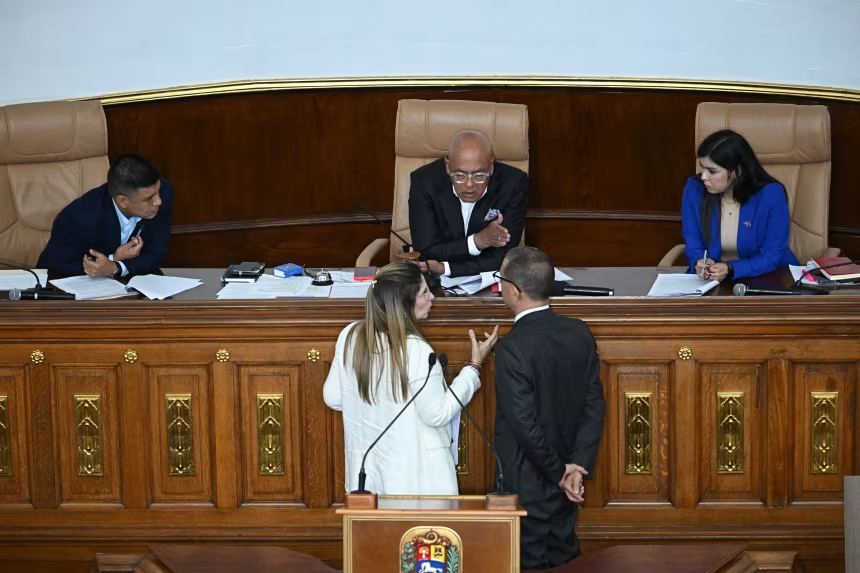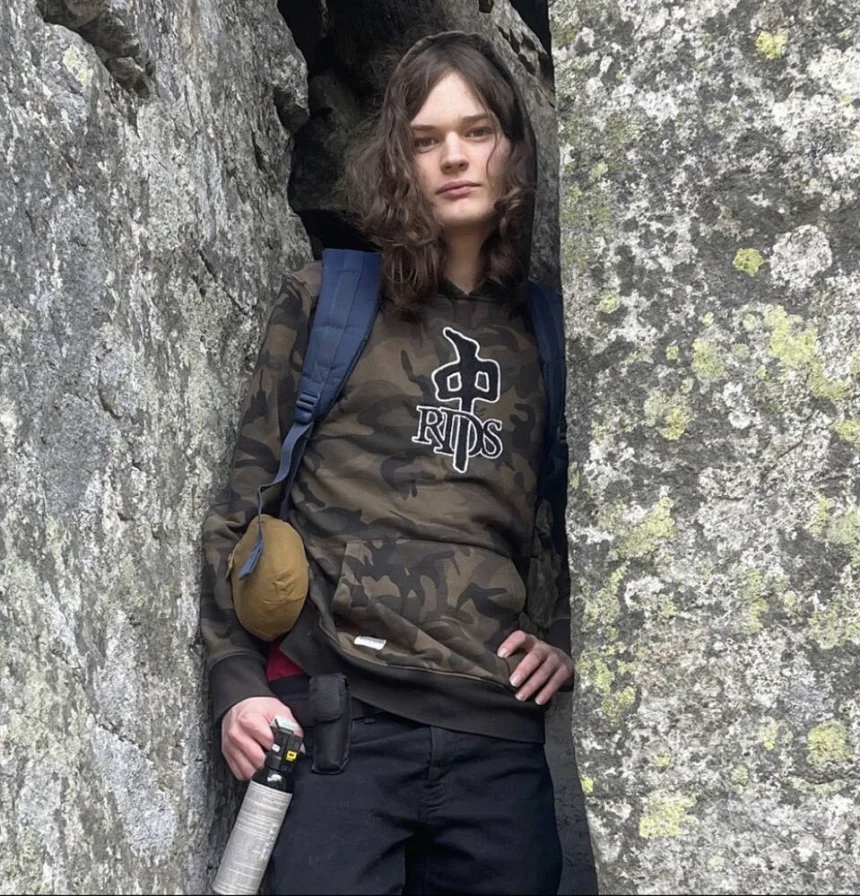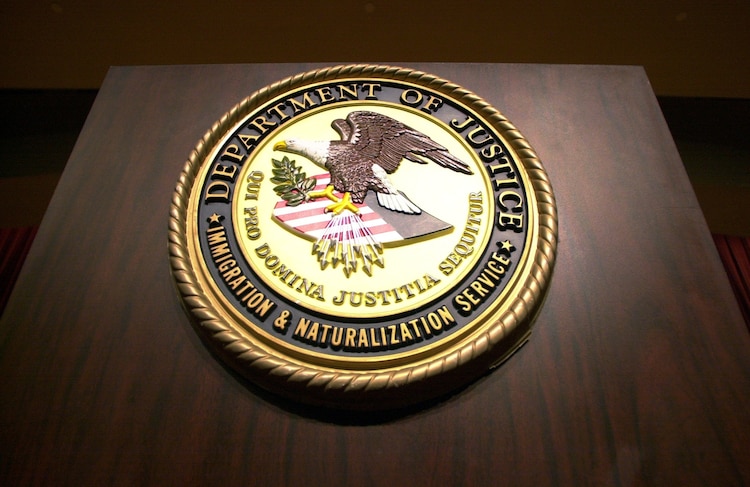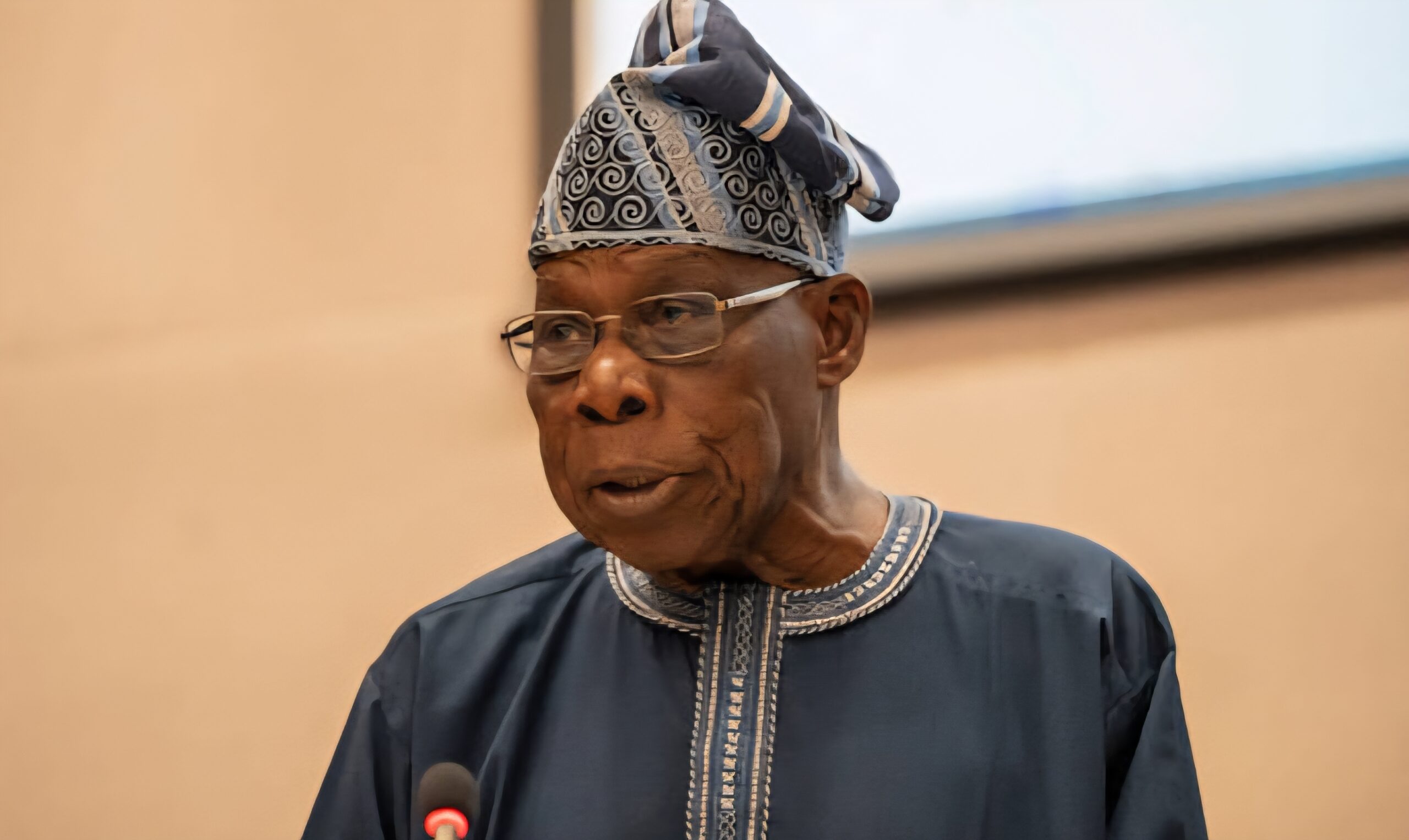Now Reading: President Trump’s Envoy Joins European Leaders, Zelenskyy To Push Ceasefire Efforts, Despite Putin’s Intransigence
-
01
President Trump’s Envoy Joins European Leaders, Zelenskyy To Push Ceasefire Efforts, Despite Putin’s Intransigence
President Trump’s Envoy Joins European Leaders, Zelenskyy To Push Ceasefire Efforts, Despite Putin’s Intransigence
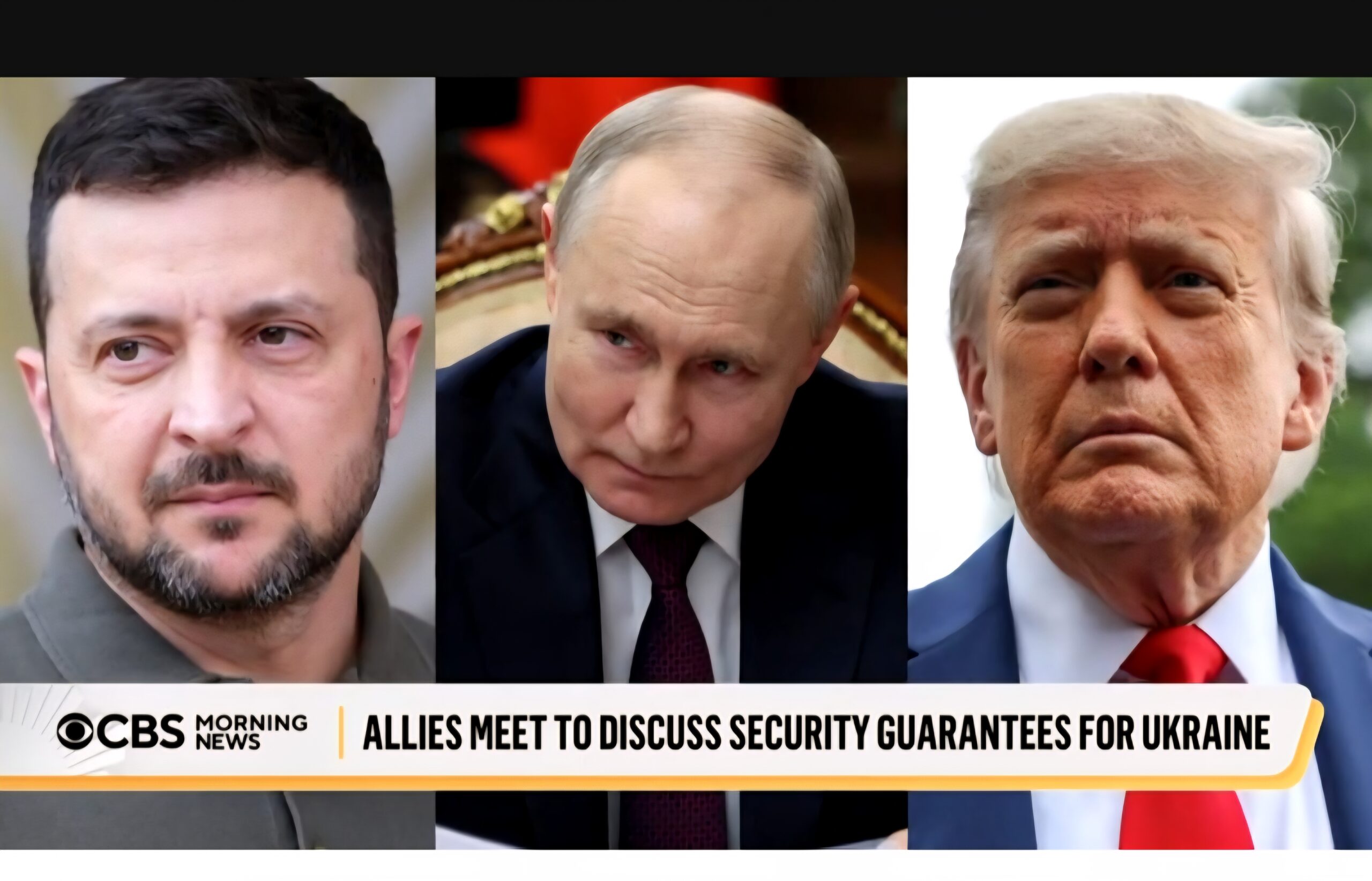
Ukrainian President Volodymyr Zelenskyy met Thursday with European leaders in Paris, along with President Trump’s envoy Steve Witkoff, to discuss ongoing efforts to broker an end to Russia’s war against his country that includes security guarantees for the war-torn nation.
Mr. Trump has been pushing for Russia and Ukraine to strike a deal to end the war sparked by Russia’s full-scale invasion on Feb. 24, 2022, and the French news agency AFP said the European leaders gathered in Paris held a video conference with the U.S. president right after their meeting on Thursday.
A White House official confirmed that call to CBS News, adding that Mr. Trump had, “emphasized that Europe must stop purchasing Russian oil that is funding the war — as Russia received 1.1 billion euros in fuel sales from the EU in one year.”
Mr. Trump also urged the European leaders to “place economic pressure on China for funding Russia’s war efforts.”
European nations have reduced their purchases of Russian fossil fuels since the Ukraine war began, but they have not ended. EU nations are working to replace Russian gas and oil in with fuel from other sources, but the continent had become reliant on cheap energy from Moscow over many years, and it will take years for most nations to achieve energy independence from Russia.
European nations led by Britain and France, meanwhile, have been working to secure assurances from the White House that any troops they send to ensure long-term military support for Ukraine once a ceasefire comes into effect will have American backing.
The French presidency shared a video of the meeting on social media that showed Witkoff at the table, and shaking hands and greeting Zelenskyy with a hug. Ukrainian presidential press secretary Serhii Nikiforov Zelenskyy told the AFP that Zelenskyy and Witkoff also held a closed-door meeting.
Witkoff was invited to participate in the so-called “coalition of the willing” meeting to discuss aid for Ukraine, including sketching out plans for military support in the event of a ceasefire in the Russia-Ukraine war, to deter future Russian aggression, officials told AFP.https://5dbdf6127ba4cbfbcc86484d1763d317.safeframe.googlesyndication.com/safeframe/1-0-45/html/container.html?n=0
French President Emmanuel Macron and British Prime Minister Keir Starmer, who lead the group, have insisted that any European “reassurance” force in Ukraine needs the backing of the United States.
European Union chief Ursula von der Leyen said earlier this week that “precise plans” for post-war international military deployments in Ukraine were being drawn up, adding in an interview with the Financial Times that there was a “clear road map” and that President Trump had agreed to an unspecified “American presence” as a “backstop” to any European ground force.
Starmer’s office said after the meeting in Paris on Thursday that the British prime minister had “emphasized that the group had an unbreakable pledge to Ukraine, with President Trump’s backing, and it was clear they now needed to go even further to apply pressure on (Russian president Vladimir) Putin to secure a cessation of hostilities.”
While Ukraine has agreed to a proposal by the Trump administration for an immediate ceasefire, Putin has yet to even agree to meet with Zelenskyy on neutral ground, instead suggesting he come to Moscow. Despite Mr. Trump’s mounting criticism, Putin has continued pressing his gains in Ukraine, and continued attacking not only military targets, but civilian infrastructure, with devastating effects.
Starmer’s office also mentioned a decision by the European coalition to supply long-range missiles to Ukraine “to further bolster the country’s supplies.”
Macron said ahead of Thursday’s meeting that preparatory work on the security guarantees had been done and should now be approved at political level. Like von der Leyen several days ago, however, he did not provide any details.
“We Europeans are ready to provide security guarantees to Ukraine and the Ukrainians on the day peace is signed,” Macron said.
It is unclear what members of the coalition are willing to contribute, including troops on the ground.
Andriy Yermak, the Ukrainian president’s chief of staff, said Thursday after meeting Witkoff and other national security advisers that the security guarantees “must be strong and effective — in the air, at sea, on land and in cyberspace.”
President Trump has made it clear that he will not deploy American troops to Ukraine as part of any ceasefire arrangement, and members of his administration have previously suggested a U.S. role could be to provide coordination, rather than boots on the ground.
In an interview with the Daily Caller published over the weekend, Mr. Trump did not rule out using American warplanes to assist European peacekeeping efforts on the ground.
Zelenskyy’s government is hoping for continued U.S. intelligence sharing and air support.
Putin has balked at the idea of any Western forces deploying to Ukraine as part of a peace deal.
NATO Secretary General Mark Rutte dismissed that opposition on Thursday, insisting that Ukraine is “a sovereign country,” and thus it is “not for them to decide” in Moscow what security guarantees are put in place.
But until there is a ceasefire, which Putin would have to agree to, post-war security guarantees will remain purely theoretical, and Ukraine will be forced to continue defending itself to the best of its ability from Russia’s relentless attacks.
Rutte, who attended the Paris meeting virtually, said a broad coalition of nations was needed to support Ukraine’s defense against Russian aggression, but also to strengthen Europe to deter further military action by Moscow.
Citing European military and intelligence officials who have warned of Russian plans to strike within the decade other European countries, most of them in the U.S.-led military alliance that Rutte currently helms, he said: “we have to make sure that our deterrence is such that they will never try, knowing that our reaction will be devastating.”
Rutte also called for the world to “not be naive about Russia.”
“We know what Putin tries to do and the evidence is there in Ukraine as we speak,” he said.
Credit: CBS NEWS

